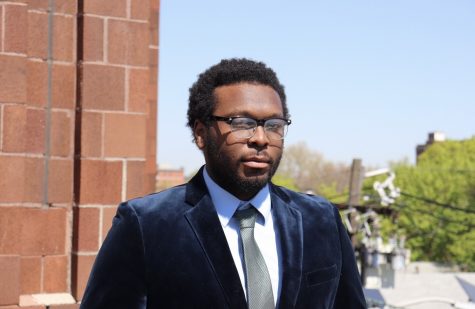Hungry during Spring Break
April 23, 2019
On the Sunday evening just before term resumed from Spring Recess, I along with the rest of NJCU’s Orientation Leadership returned from an inspiring conference at Virginia Tech. Some of the students and myself needed to use the bathroom but upon walking up to GSUB, we realized it was locked. Many of us thought nothing of it and proceeded to Vodra Hall but as a commuter, I traveled home extremely curious.
Why was GSUB closed? Had it been closed all week? Were the students impacted? These were the questions which filled my head right into the beginning of a new week.
It was not long before I uncovered the truth I feared: no cafeteria was open during Spring Break. The only available source of food for students on campus was the Dunkin Donuts.
It is unclear exactly how many students were present during the recess. According to the Assistant Dean of Residence Life Jennifer Luciano, “The residence halls do not close during spring break, therefore students do not need to inform us if they are staying. We did have students that stayed on campus but we do not have an exact number since students were able to come and go at their leisure.”
Although we cannot be certain of the number of students who were impacted by the University’s decision to close all campus dining halls, we can be sure of one thing: the students who stayed on campus were truly inconvenienced. It can practically be considered innate knowledge that most college kids are struggling financially, and it is also no secret that food is a vital expense.
Junior year student Nasir McDaniels stated when asked his opinion, “I had to spend a lot of my own money just to eat during the week. There was nothing open on campus besides Dunkin, and who is expecting us to eat that all day?”
It is understandably a difficult task for the school to attempt to account for all the remaining students on campus during the break. What is not acceptable is for all dining halls to be closed when there are students on campus who are hungry and deserving of the food they pay for a meal plan for. Let us hope that as we move forward, each student will be thought of when a critical decision that prevents accessibility are made.












